African Union takes over all peace initiatives on eastern DR Congo
3 min read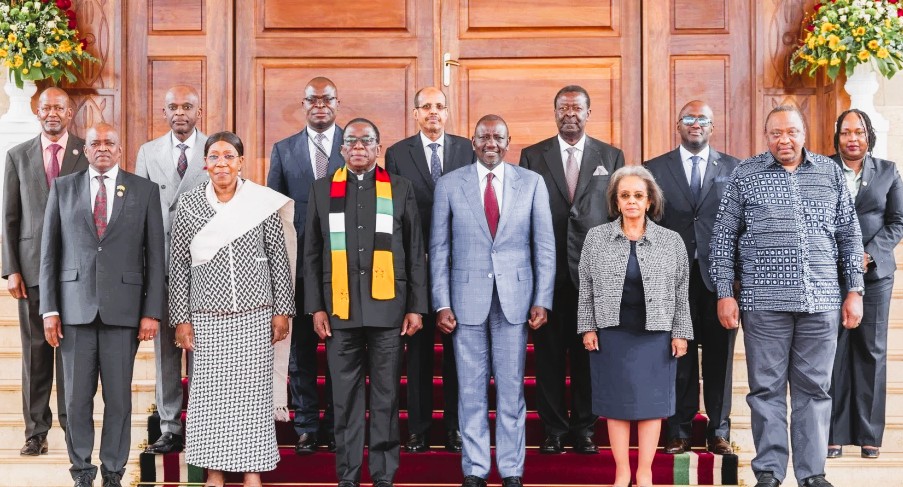
African leaders unite behind the African Union to lead peace talks in the Democratic Republic of Congo.
African Union Takes Full Control of Peace Efforts in Eastern DR Congo
In a decisive move to address the prolonged crisis in eastern Democratic Republic of Congo (DRC), African leaders have agreed to merge all regional peace efforts under one unified African Union-led initiative.
Ruto and Mnangagwa Lead Unified Peace Resolution
Kenyan President William Ruto and Zimbabwean President Emmerson Mnangagwa, who co-chaired the Joint EAC-SADC Summit, announced on Friday that all existing peace processes including those led by the East African Community (EAC) and the Southern African Development Community (SADC) will now operate under a single Africa-led framework. The initiative will be headquartered in Addis Ababa and coordinated by the African Union (AU).
The resolution followed a high-level meeting involving representatives from the AU, regional blocs, and member states aimed at addressing the escalating insecurity in eastern Congo.
“A Turning Point” in Congo Conflict Mediation
President Ruto described the decision as a critical moment for the continent’s approach to peacebuilding. “There is now one African-led process that consolidates all existing efforts Nairobi, Luanda, and any other initiatives into a coherent framework to resolve the situation in Eastern DRC,” he stated.
He underscored the urgency, noting that the instability has far-reaching implications beyond Congo’s borders. “This is a dire humanitarian and security crisis affecting not just Eastern DRC, but also the broader Great Lakes region, including Rwanda,” Ruto added.
Decades-Long Conflict Continues to Claim Lives
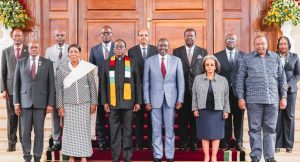
The conflict in eastern Congo remains one of Africa’s longest and deadliest. Ethnic violence, political instability, and the battle over rich mineral resources have plagued the region for decades. This year alone, the fighting has killed thousands and displaced over seven million people, according to humanitarian reports.
The M23 rebel group, which resurfaced with significant strength early this year, remains the most dominant armed faction in the region. Its aggressive offensives have heightened tensions, especially between Congo and its neighbour, Rwanda, whom Kinshasa accuses of backing the rebels—an allegation Kigali denies.
Recent Ceasefire Agreements Mark Progress
Amid the intensifying conflict, several key diplomatic milestones were achieved in recent months. In July, Rwanda and Congo signed a declaration of principles for a permanent ceasefire, brokered by Qatar. The African Union hailed the signing as a “major milestone” in efforts to restore peace in the region.
Another pivotal agreement, facilitated by the United States, was finalised at the State Department in Washington. With U.S. Secretary of State Marco Rubio mediating between the foreign ministers of Rwanda and Congo, both nations committed to renewed efforts for a sustainable ceasefire. “This is an important moment after 30 years of war,” Rubio remarked during the signing.
AU-Led Mediation Expected to Streamline Peacebuilding
The consolidation of peace efforts under the African Union is widely seen as a strategic attempt to eliminate the fragmentation and overlap that previously hindered progress. Analysts believe this unified approach could enhance coordination, prevent competing agendas, and increase pressure on armed groups to disarm.
The decision to place the AU at the centre of the mediation reflects growing recognition among African leaders that continental challenges require continental solutions.
Continental and Global Support Will Be Crucial
Despite the AU’s leadership, observers stress that sustained international support will be necessary to ensure the peace process succeeds. The complex nature of the conflict driven by both local and external actors means diplomatic, logistical, and financial backing from global partners will remain vital.
Still, Friday’s agreement marks a shift in Africa’s approach to resolving its internal conflicts, emphasising homegrown solutions with stronger continental ownership.


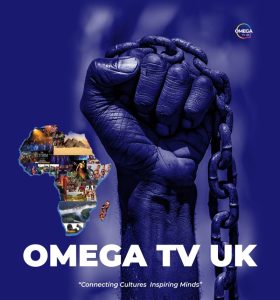

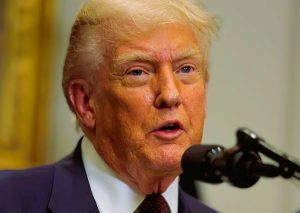
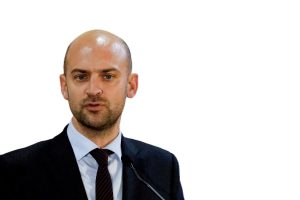
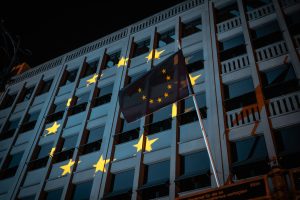
1 thought on “African Union takes over all peace initiatives on eastern DR Congo”